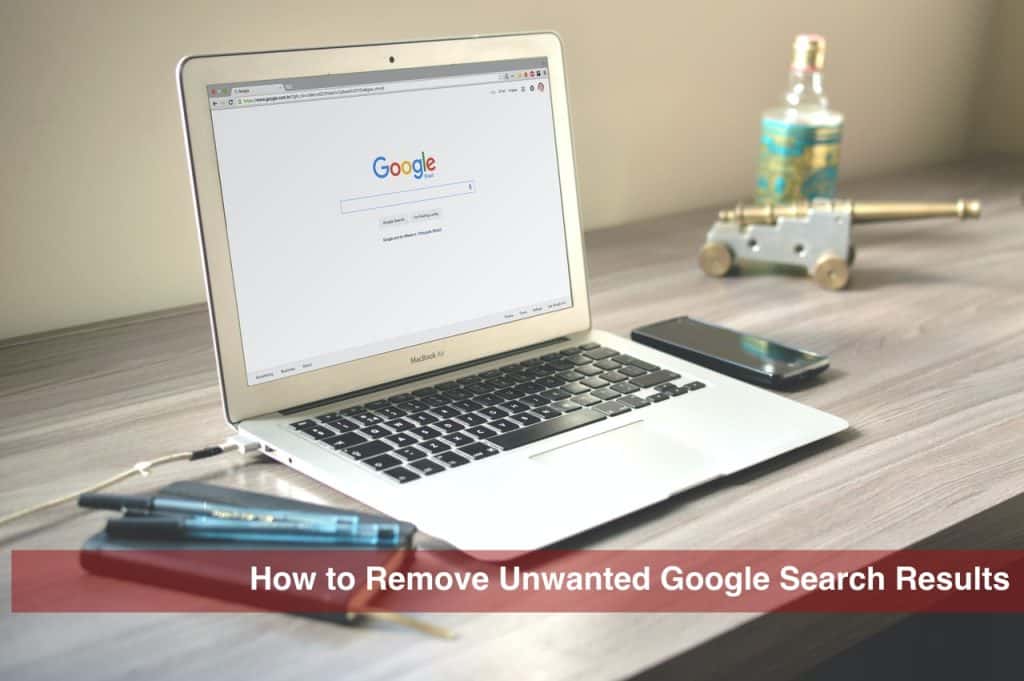Online presence is a necessity in today’s life, but the freedom and anonymity of the internet can detriment reputations. Virtually everyone who wants to know more about you, from head hunters to potential business partners and people with social interest, goes online to find more information on you. The anonymity with which the internet operates could have allowed someone to post something about you that shouldn’t be in the public domain. You may also have posted the information on a platform that was only meant for a private group, but it ended up on Google’s SERP. So, how do you remove such unwanted Google search results?
It is not possible to remove all offending search results from Google because you have no control over all of them. There are three categories of content in this regard.
- Content on websites you control
- Content on websites you don’t control
- Requesting Google to pull down
The following are some ways you can remove results in these categories.
1. Content on Websites You Control
This is the easiest because the website belongs to you. You can go in and delete the information so that it is no longer available online. Some websites don’t belong to you, but you have a right to make changes. These include posts you made on message boards. If you had a confrontation with someone that resulted in words that can portray you negatively, you only need to log into the board and delete your comments.
– Social Media Pages
You don’t have control of an entire social media platform, but you can control your page. You can delete the social media posts you don’t want to be discovered or change the security settings on your page to keep your posts from being discoverable by Google. This way, the information you want to keep private will only be visible to people you have allowed to your social media space.
3. Websites You Don’t Control
If the information in question is from a website you don’t control, the first option is to contact the people with control and ask them to take it down. This is an amicable and fast solution for social media and other forms of online content.
You can report the content. If the person involved doesn’t pull down the offending post, you can report it to the platform. All social media platforms have a reporting mechanism, but the information you are requesting them to pull down must have violated their standards.
3. Requesting Google to Remove It
Google has a policy on the removal of information from its search results. Google Removal must be the following type of information on request.
– Doxxing Content:
This is information about an individual published by a third party with malicious intent.
– Revenge Porn:
If a person you had a sexual relationship with releases sexually explicit images of you without your content, you can ask Google to remove them.
– Involuntary or fake porn:
You can request Google to remove a fake pornographic image of you if you can be identified from the picture. It is pornographic, and the person published it against your will.
Please note that Google can only remove the offending content from their SERP but not from the website where they posted it. People can always find it on other search engines and visit the page where it was published. If you can’t have page owners remove it, you can sue to have the court order them to remove it.
